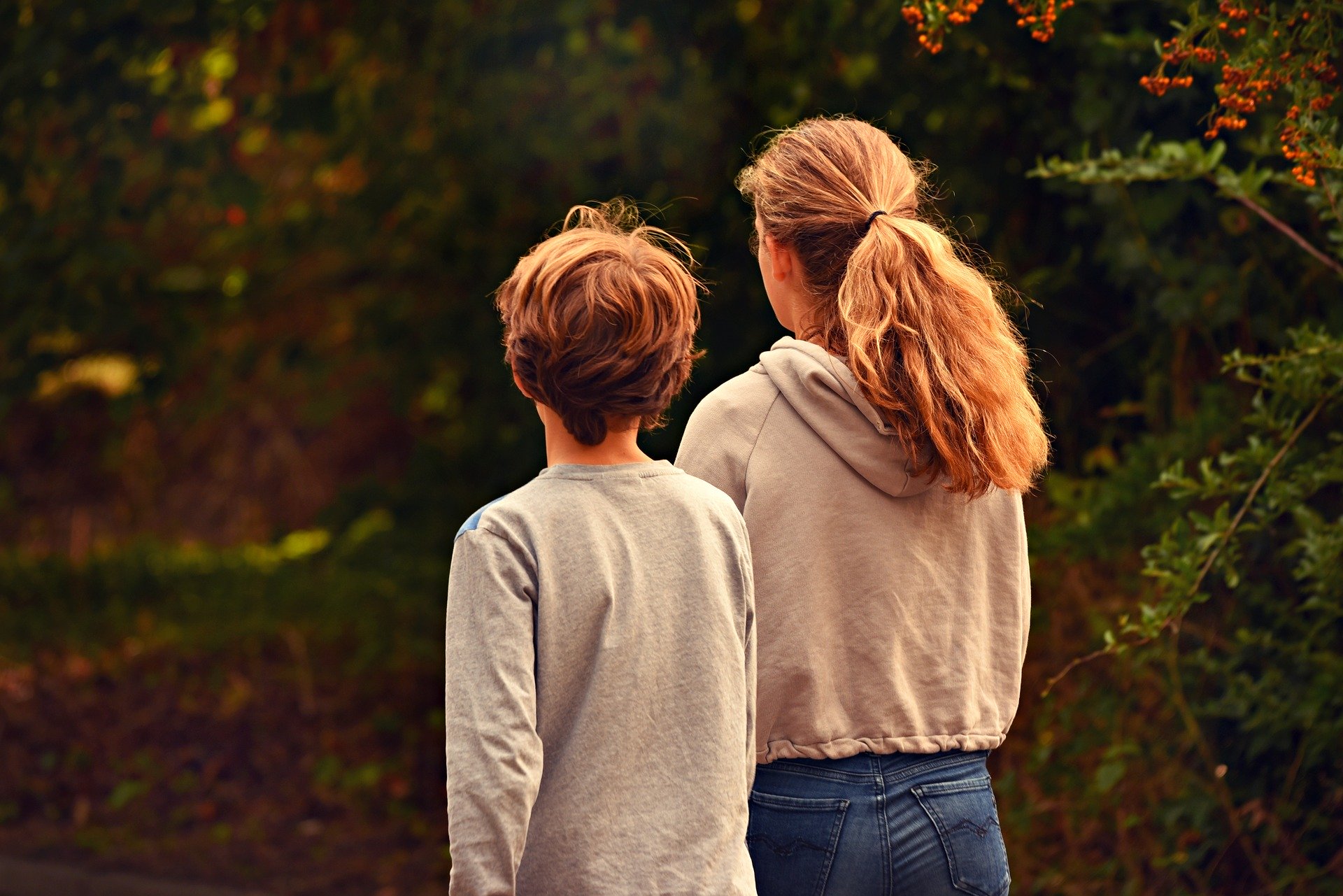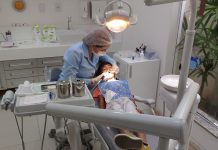Human papillomavirus (HPV) is a sexually transmitted infection, and that might be one reason people seem uncomfortable talking about it or about the vaccine that prevents it. (Side note: Hepatitis B is also sexually transmitted, but aren’t we all grateful for the vaccine that’s been in use since the 80s?) The thing is, the HPV vaccine is being proven a cancer vaccine, and that is no exaggeration.
Dr. Warner Huh is recognized as a world expert on HPV and the vaccine, and I got to have a candid conversation with him about both. I am grateful for his willingness to shoot me straight about why the HPV vaccine is recommended for our sons and daughters and the fact that no, this is not about sex. To quote Dr. Huh, “That’s a theoretical concern that’s over the top. The last thing these kids are thinking about at age eleven or twelve is sex.”
Let’s move away from the sex piece and focus on eradicating cervical cancer.
Yes, you read that correctly. Most cervical cancers are associated with HPV, and getting rid of HPV means getting rid of cervical cancer in the United States. Dr. Huh shared with me that Australia has fully embraced the vaccine, and they expect to eradicate cervical cancer within the next twenty years.
The HPV vaccine has been in use in the United States for twelve years. Consider these statistics from the Center for Disease Control:
- Among teen girls, infections with HPV types that cause most HPV cancers and genital warts have dropped 86 percent.
- Among young adult women, infections with HPV types that cause most HPV cancers and genital warts have dropped 71 percent.
- Among vaccinated women, the percentage of cervical precancers caused by the HPV types most often linked to cervical cancer has dropped by 40 percent.
Ten years ago in the United States, one in three women could expect an abnormal pap smear. Over time, that number can become negligible.
Our sons need the HPV vaccine, too.
As a mother of two sons, I asked Dr. Huh to give me a handful of reasons they need to be vaccinated as well. If cervical cancer is a female disease, wouldn’t this be a female vaccine? No.
Here are the things Dr. Huh listed in about ten seconds:
- Boys are at risk for HPV-related cancers as well. Rectal cancer is just one example.
- The vaccine helps young men protect future partners.
- As with all vaccines, the goal is to protect the community, not just yourself.
- In short, everyone gains.
80% of people are expected to get HPV.
Eight. Zero.
While it’s not openly discussed, HPV is very common. Consider this from the American Cancer Society:
About 14 million people, including teens, become infected with the human papillomavirus (HPV) each year. An estimated 80 percent of people will get HPV during their lives. While most HPV infections go away on their own without lasting health problems, there is no way to know if an infection will lead to cancer. HPV infection is known to cause six different types of cancer: cervical, vaginal, vulvar, anal, penile, and throat cancers.
Each year in the US, about 31,500 men and women are diagnosed with a cancer caused by HPV. There is no treatment for HPV infection, but vaccination and screening can prevent most HPV-related cancers.
How do we get the HPV vaccine for our children?
Talk to your child’s pediatrician. It’s that simple! The majority of HPV vaccines in the Unites States are administered by pediatricians, but it’s important that parents advocate for their children if the doctor hasn’t brought it up. For young women who see a gynecologist, the vaccine can be administered there.
The vaccine is recommended for both boys and girls ages 11 and 12. It can be administered on a two-dose schedule up to age 14. Ages 15-26 use a three-dose schedule.
Note: Dr. Huh mentioned that women should talk to their doctors if they have interest in the vaccine as the age has been increased to 45 in some cases.
What if you have HPV?
We can’t talk about the HPV vaccine without talking about those who may already have HPV. With 80% of people expected to be infected in their lifetimes, you are not alone. I asked Dr. Huh about this specifically as we want this post to be an encouragement, not something that leaves people who have tested positive for HPV terrified or feeling shame. The bottom line is that most people who have been in a sexual relationship have contracted HPV.
Dr. Huh shared that one goal of vaccinating against HPV is to spare patients the time and emotional impact that comes from anything related to HPV. For example, a woman who tests positive for HPV and has an abnormal pap smear may go through painful scrapings to remove cells. That means childcare or time away from work for extra appointments, the discomfort of the procedure, the financial impact, and the added stress of worrying over results. Dr. Huh assured me that women in the United States who are properly screened and managed are very unlikely to develop cervical cancer, so it is important to schedule those annual exams and follow through with any testing your gynecologist deems necessary.
The cancer landscape is changing.
Dr. Huh shared resources he trusts for further reading, and he has a great interview on the HPV vaccine at this link. Watch as he explains just how exciting it is to have the HPV vaccine available to our children.
Centers for Disease Control (CDC)
American Cancer Society
Comprehensive Cancer Centers












